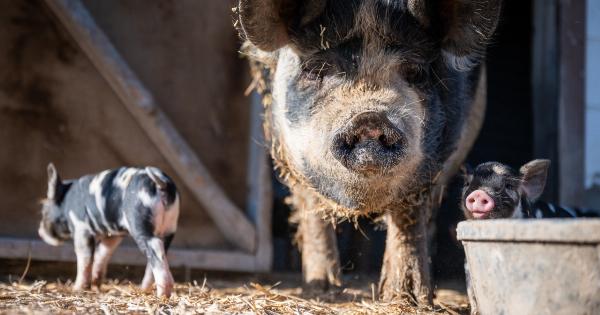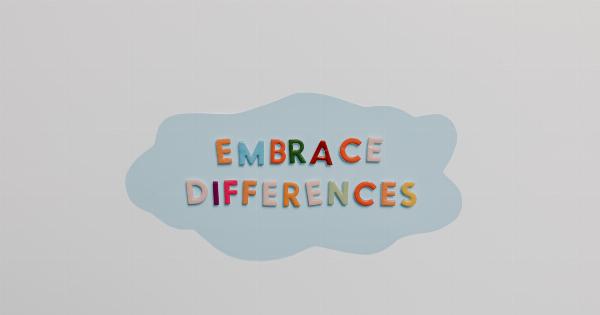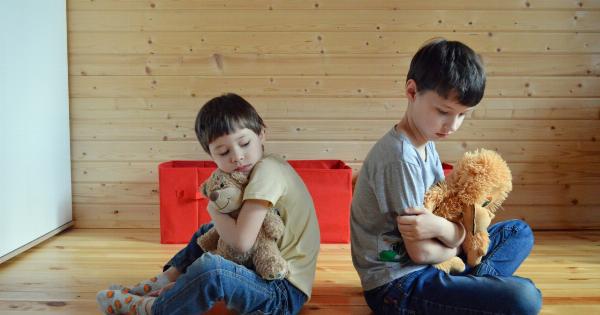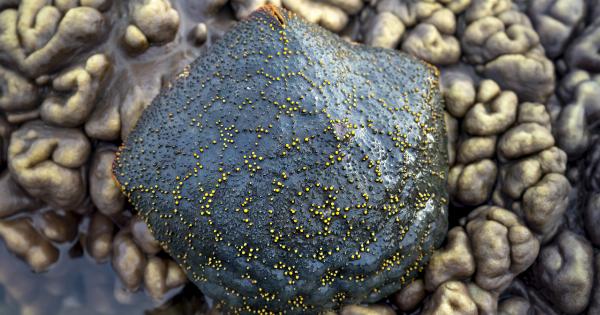The purpose of life has always been a topic of discussion and contemplation for individuals from different walks of life. Some people believe that the purpose of life is predetermined, while others argue that we are free to choose our purpose.
However, there is a common question that arises among many individuals, “How old do we need to be to understand the purpose of life?” In this article, we will be delving into this topic and exploring some theories surrounding this question.
Developmental stages
One theory that has been put forth regarding the understanding of the purpose of life is related to the different developmental stages that an individual goes through.
According to Jean Piaget’s theory of cognitive development, individuals go through four different stages of cognitive development, beginning from infancy to adolescence and into adulthood.
Infancy
During the infancy stage, individuals are not aware of any purpose of life, nor do they have the cognitive ability to contemplate such a question.
Their main focus is on fulfilling their basic physiological needs such as eating, sleeping and being comforted by their caregivers.
Early Childhood
As an individual transition into early childhood, they begin to develop basic language and communication skills. During this stage, children start to become more curious about their surroundings, which leads them to explore and learn.
They begin to develop a sense of identity by identifying with their family, friends, and cultural norms that are around them. At this stage, they might not have a clear understanding of the purpose of life but may start to question why things happen the way they do.
Middle Childhood
During middle childhood, children become more logical in their thinking and start to understand cause and effect relationships. They develop their own sense of morality and are more aware of social norms and rules.
During this stage, they may ask deeper questions about the meaning of life and try to answer them based on their experiences and what they have learned from their family and society.
Adolescence
Adolescents begin to think more abstractly and hypothetically, and they develop their own beliefs and values that may differ from their family and societal norms. During this stage, the search for identity becomes more intense.
Individuals start to explore more about their interests, goals, and values. They may start to question the purpose of their existence and what they want to accomplish in life.
Maturity
As individuals enter adulthood, they have generally formed a clear sense of identity, and their cognitive abilities are in full bloom. They have acquired life experiences and have a better understanding of themselves.
Individuals at this stage are more inclined to contemplate the purpose of their existence and how they can contribute to society. At this point, they may have a better understanding of what they want to achieve in life and their purpose on earth.
Religion and Philosophy
Another theory related to the understanding of the purpose of life is based on religion and philosophy.
Many religions provide a clear understanding of the purpose of life, and adherents are encouraged to follow their respective teachings to fulfill that purpose. For example, Christianity teaches that the purpose of life is to love God and love others as oneself.
Philosophers such as Aristotle, believed that the purpose of life is to achieve eudaimonia, which means to achieve a state of flourishing or happiness. According to Aristotle, happiness is not merely a feeling but is the result of a life well-lived.
Conclusion
Understanding the purpose of life is not a straightforward process, and it is influenced by various factors such as one’s developmental stage, religion, and philosophy.
The question of how old we need to be to understand the purpose of life is not easy to answer, as it depends on different individuals and their experiences. What we can conclude is that the journey towards understanding the purpose of life is a lifelong process, and one should continue to explore and reflect upon it regardless of their age.




























